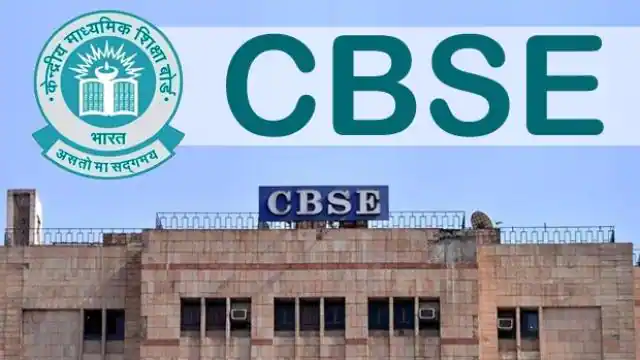
Madhya Pradesh Chief Minister Shivraj Singh said that I am happy to inform you that in Madhya Pradesh, we have made arrangements to conduct medical and engineering studies in Hindi so that language does not become an obstacle in the path of my sons and daughters who do not know English.
CBSE will conduct studies in 22 regional languages: CBSE i.e. Central Board of Secondary Education has taken a big decision, the board will now conduct studies in regional languages as well, for this NCERT books will be made available in 22 Indian languages. Madhya Pradesh Chief Minister Shivraj Singh Chouhan has welcomed this decision of CBSE, while State School Education Minister Inder Singh Parmar has thanked PM Modi on behalf of the students.
School text books will be available in 22 languages
The Central Board of Secondary Education (CBSE) has now decided to provide education in the regional language in addition to the text material available here, according to the board’s decision, education studies in the regional language / mother tongue will be easier for the child, for this books will be made available in 22 Indian languages, for this NCERT has been instructed by the Ministry of Education, Government of India.
NCERT started preparations, possible start from next session
According to the information given by the board, NCERT has started working on this and from the next academic session, books of 22 regional Indian languages will also be available for CBSE board affiliated schools across the country, schools can choose the language according to their convenience keeping in mind the convenience of the children. For this, they can take advice from experts in the field and make multilingualism available to the children in their school as an option along with the curriculum of the currently available language.
MP CM Shivraj Singh welcomed CBSE’s decision
Welcoming the decision, MP Chief Minister Shivraj Singh Chouhan tweeted – CBSE’s decision to provide education in regional languages from pre-primary to class 12 in its schools is commendable. This step will not only fulfill the objectives of the National Education Policy (NEP) prepared under the guidance of respected Prime Minister Narendra Modi, but will also give new strength to the efforts to build a bright future for the children of the country.
Medical and engineering studies are also being done in Hindi in MP
CM Shivraj said that we all know that children learn and understand faster in their own language. I am happy to inform you that in Madhya Pradesh, we have made arrangements for conducting medical and engineering studies in Hindi, so that language does not become an obstacle in the path of my sons and daughters who do not know English. My sons and daughters, you study, move forward and contribute in taking the state and the country forward with you, best wishes.
MP’s education minister said – the foundation of multilingual education will be further strengthened
MP’s School Education Minister Inder Singh Parmar has welcomed this decision of CBSE, he tweeted – Under the leadership of Prime Minister Narendra Modi, the central government has worked to expand India’s education system by implementing the skill-based New Education Policy-2020. The Central Board of Secondary Education (CBSE) has decided to make NCERT books available in 22 Indian languages. The Central Board of Secondary Education has issued this circular by writing a letter to the concerned schools that the option of studying in regional and mother tongue should also be made available to the students from Kindergarten to class 12th. With this innovative step, students will not only get an opportunity to study in their mother tongue, but also strengthen the foundation of multilingual education.
Significantly, higher education has started the process of preparing books in Indian languages, starting studies in addition to English medium and conducting examinations, so the foundation has to be strengthened for this in school education. The board believes that at both the levels, if children get education in their regional language, better results will come.
सीबीएसई का अपने स्कूलों में प्री-प्राइमरी से 12वीं तक की कक्षाओं में क्षेत्रीय भाषाओं में शिक्षा उपलब्ध कराने का निर्णय अभिनंदनीय है।
यह कदम न केवल आदरणीय प्रधानमंत्री श्री @narendramodi जी के मार्गदर्शन में तैयार राष्ट्रीय शिक्षा नीति (NEP) के उद्देश्यों को पूर्ण करेगा, बल्कि…
— Shivraj Singh Chouhan (@ChouhanShivraj) July 22, 2023
प्रधानमंत्री श्री @narendramodi जी के नेतृत्व में केन्द्र सरकार ने कौशल आधारित नई शिक्षा नीति-2020 लागू कर भारत की शिक्षा व्यवस्था को विस्तार देने का कार्य किया है।
केंद्रीय माध्यमिक शिक्षा बोर्ड (CBSE) ने 22 भारतीय भाषाओं में NCERT की किताबें उपलब्ध कराने का निर्णय लिया है।… pic.twitter.com/upsiGxJXr1
— इन्दरसिंह परमार (@Indersinghsjp) July 22, 2023





